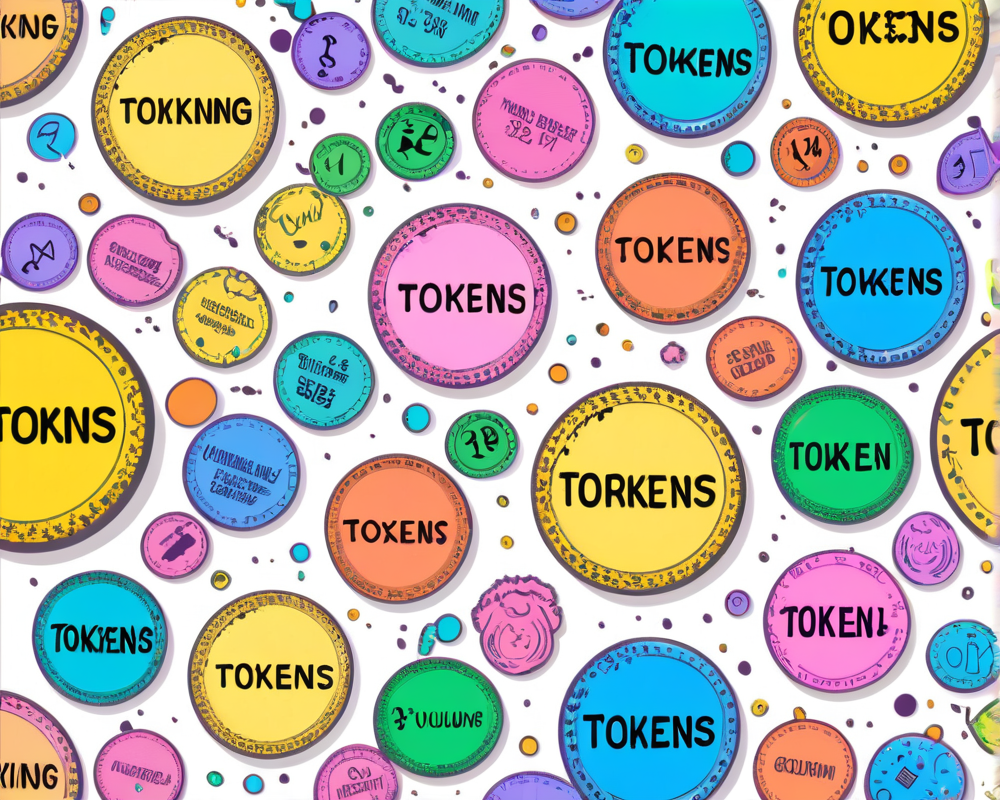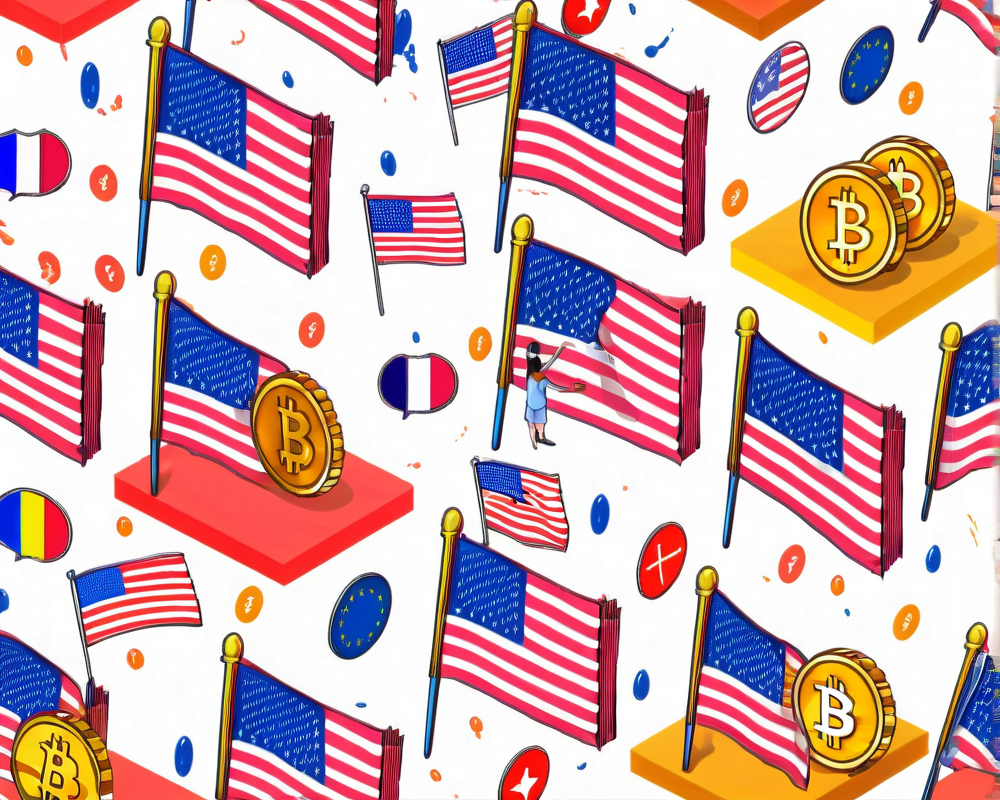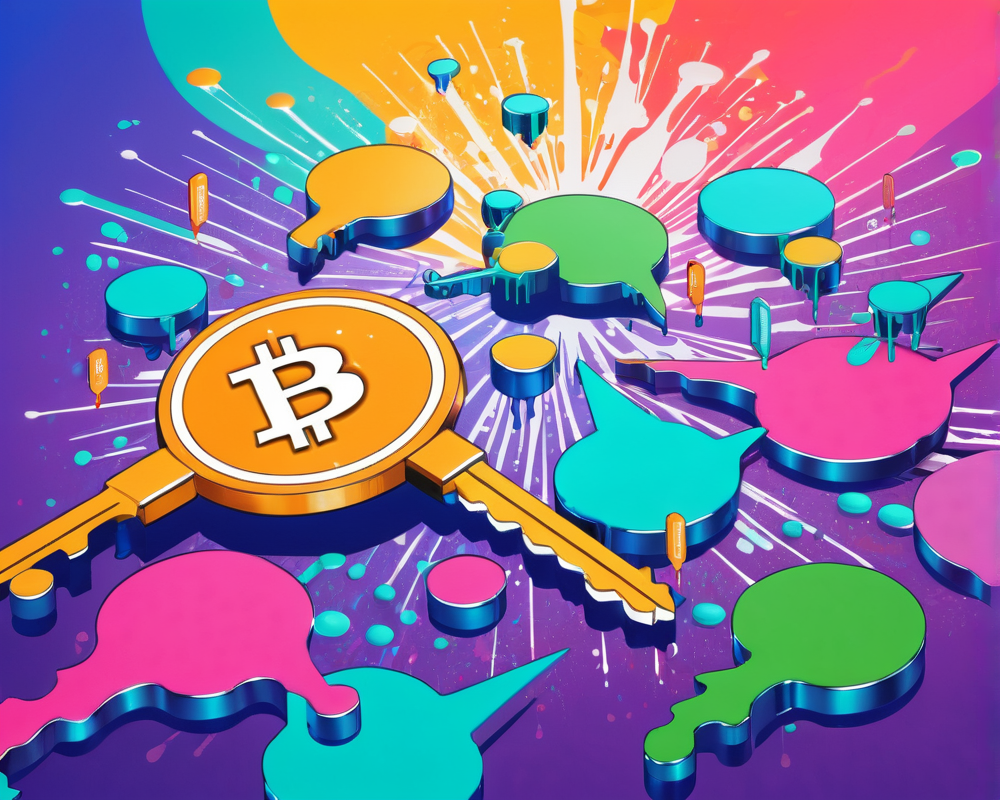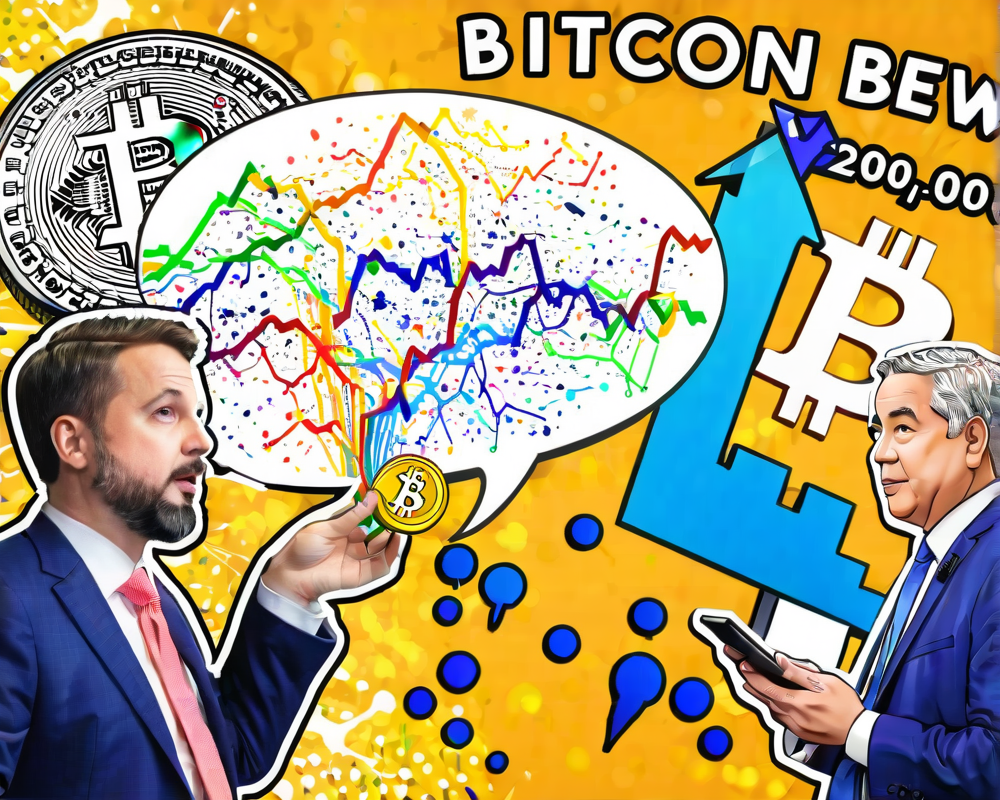Understanding Tokens
Think of a token as a digital celebrity—it’s valuable in its own right or represents something valuable on the Blockchain stage. As of now, the Ethereum Blockchain is like the Hollywood of tokens, with over 5,300 types strutting their stuff. Why is everyone crowding the Ethereum scene? Well, it offers a friendly entryway and some pretty snazzy features, especially with ERC-20 tokens.
Why Bother with Tokens?
Tokens are like the cool kids in school; they’re fast, liquid, and they hang out with a variety of asset types. Forget the old, tedious ways of handling physical assets that involve mountains of paperwork—tokens are here to make your transactions quicker and less cumbersome. Imagine selling your prized collection of comic books with just a few clicks instead of dealing with potential buyers taking their sweet time!
The Transparency Factor
With traditional transactions, confidentiality often rushes out the door. Tokens, however, are ninjas of transparency. They record every move on the Blockchain, keeping the parties involved mostly anonymous. Nowadays, with increasing privacy concerns, this is a significant perk.
Types of Tokens
Tokens aren’t one-size-fits-all. They can be neatly sorted into two primary categories: Utility tokens and tokenized assets.
Utility Tokens
Utility tokens are the multi-tools of the token world. They’re designed to perform various functions in decentralized applications (DApps). Think of them as your friendly neighborhood superheroes, like using Golem Network Token (GNT) for purchasing computing power on the Golem platform. They thrive on network effects rather than being tied to any particular asset.
Tokenized Assets
Now, let’s talk big players—the tokenized assets. These are game-changers, particularly in industries laden with red tape, like real estate and collectibles. Consider the chaos of paperwork involved in buying a house—now picture it streamlined into a single digital token. Sign me up!
The Road Ahead
We’re still in the warming-up phase of this tokenized economy. It’s reminiscent of the Internet boom in the late ’90s when everyone was dabbling in possibilities with no clear picture of the future. Sure, Blockchain tokens are currently like a niche club, but if they become easier to acquire and regulations catch up, we might just witness an economic revolution that would make even the most conservative economists raise an eyebrow (or two).




